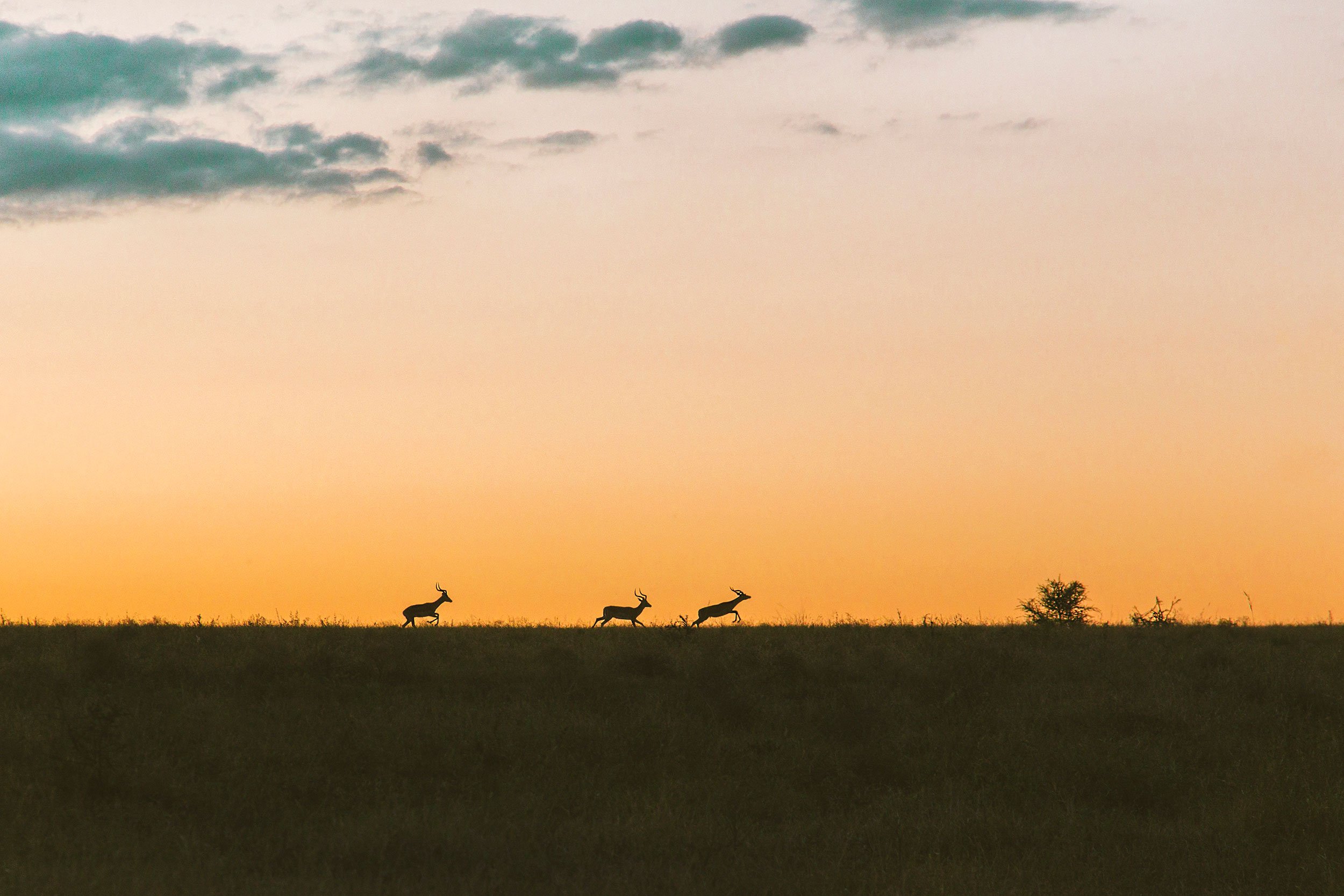
Travel Notes
For the past 20 years, my camera has been a quiet companion through crowded cities, remote paths, and the pauses in between.
Here, in this quiet corner of the internet, I share fragments from those journeys.
A visual journal of moments that lingered. No filters, no grand statements.
Just memories, held still in time.
New here?
The Best Camera Is the One You’re Holding: Why Gear Isn’t Everything in Photography
You don’t need the best camera to take great photos. From a $10 plastic camera to today’s smartphones, photographer Bruno Candiotto explores how vision matters more than gear.
-
This blog is where I share quiet stories behind the photographs.
Moments that moved me — sometimes in faraway places, sometimes just around the corner.It’s less about chasing perfect images and more about noticing what stays.
Simple things. Honest light. Real memories.A collection of reflections from a photographer, a traveler, and a father — still exploring the world, one quiet step at a time.
© Bruno Candiotto

